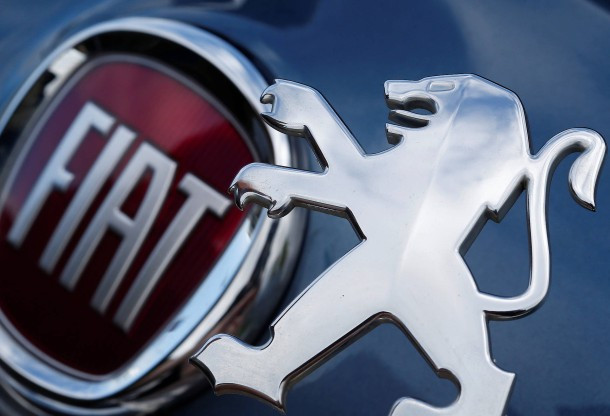In an industry wherein unsuccessful mergers abound, Fiat Chrysler Automobiles NV and Peugeot maker PSA Group just announced their $50 billion alliance.
Most notable of the auto industry's failed attempt at alliances was Daimler AG's move to purchase Chrysler.
Successful deals, however, were Peugeot's 2017 acquisition of General Motors Co. 's European car business and Fiat's 2009 takeover of Chrysler which needed several years to complete.
Both Chrysler and Peugeot are hoping an increase in profits which has long been low in an industry wherein auto makers usually put in billions of dollars only to get modest amounts in returns on each vehicle.
Shareholders of each company will have 50% stake in the new entity.
The Chrysler-Peugeot deal will re-open US for Peugeot after it officially announced its exit from the American market in 1991 due to low sales that only reached 4,200 units in 1990.
Fiat Chrysler's John Elkann, head of the Agnelli family of the Italian-American auto maker, will keep his role as chairman while Peugeot Chief Executive Carlos Tavares is to be CEO.
Analysts are saying that to make this deal work, the CEO will have to do something about an aging model lineup, lack of investment in new technologies and profits coming only from the North American market.
Fiat Chrysler's third-quarter results attest to strong profits in North America and losses in most parts of the world.
Fiat Chrysler and Peugeot have also both failed to build a successful firm in China.
Mr. Tavares will have to make €3.7 billion ($4.1 billion) in promised annual savings materialize.
The companies plan to get the amount from a more efficient allocation of resources and improved purchasing suppliers agreements.
Another major concern that Mr. Tavares will have to fix is Fiat Chrysler's excess production in Europe, the same problem that the late Italian-American company's CEO, Sergio Marchionne, unsuccessfully addressed.
In spite of a fierce political opposition, Mr. Marchionne closed a small Italian factory and relied on temporary layoff plans largely paid for by the government.
Philippe Houchois, a Jefferies analyst said that this plan of Chysler and Peugeot is "Great on a spreadsheet, but tricky to execute," adding that the logic for the merger is "overwhelming."
However, Fiat Chrysler and Peugeot, which together produced 8.7 million vehicles in 2108 that ranked them third among the world's auto makers, clarified that the projected savings won't come from any factory closings.
The two companies estimate 80% of the savings they're aiming for will be achieved after four years and a one-time cost of €2.8 billion.





